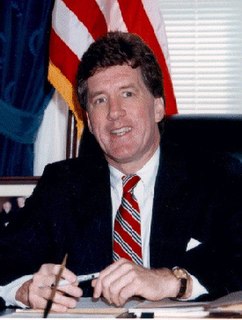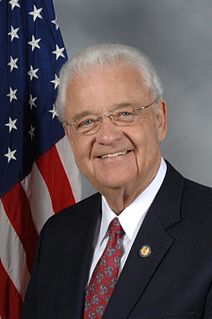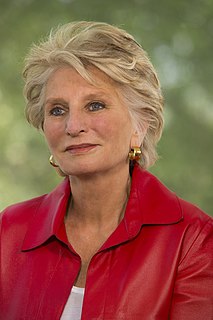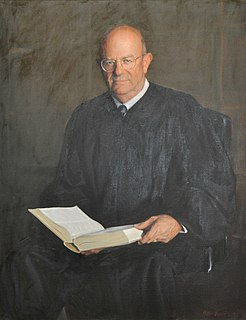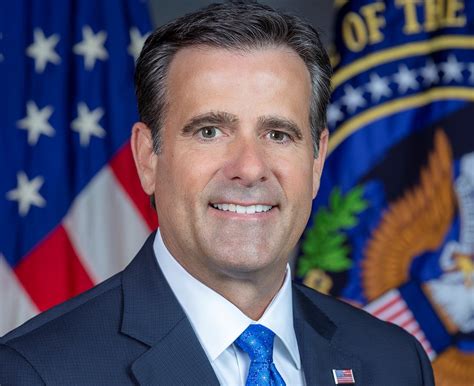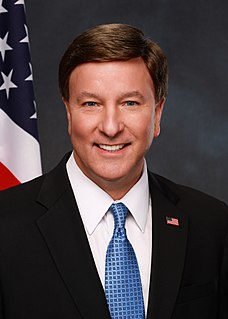A Quote by Jim Ramstad
Our intelligence community needs better coordination of operations and exchange of information, and that's why we need an overall director of national intelligence and a national counterterrorism center.
Related Quotes
I would have never thought that I would hear myself saying that the president of the United States is afraid of the CIA. But he is. He's afraid of the NSA as well. How else to explain that the National Intelligence director, who lied under oath to his senate overseers on the 12th of March 2013, is still the director of National Intelligence?
The intelligence community's 2002 National Intelligence Estimate (NIE) stated, in a formal presentation to President Bush and to Congress, its view that Saddam had weapons of mass destruction - a belief in which the NIE said it held a 90% level of confidence. That is about as certain as the intelligence community gets on any subject.
